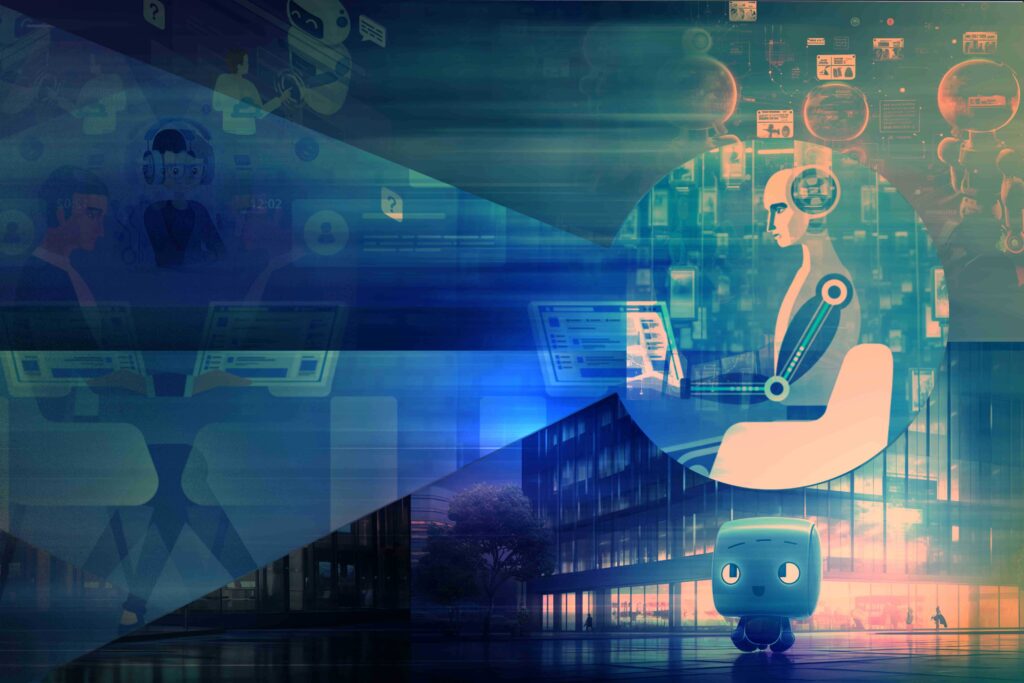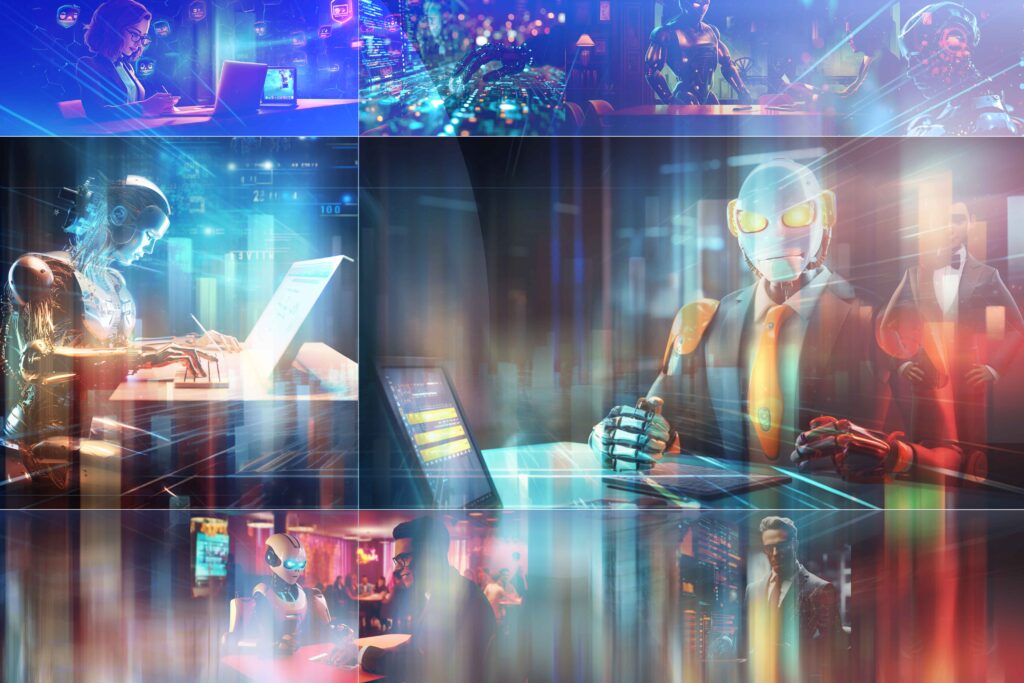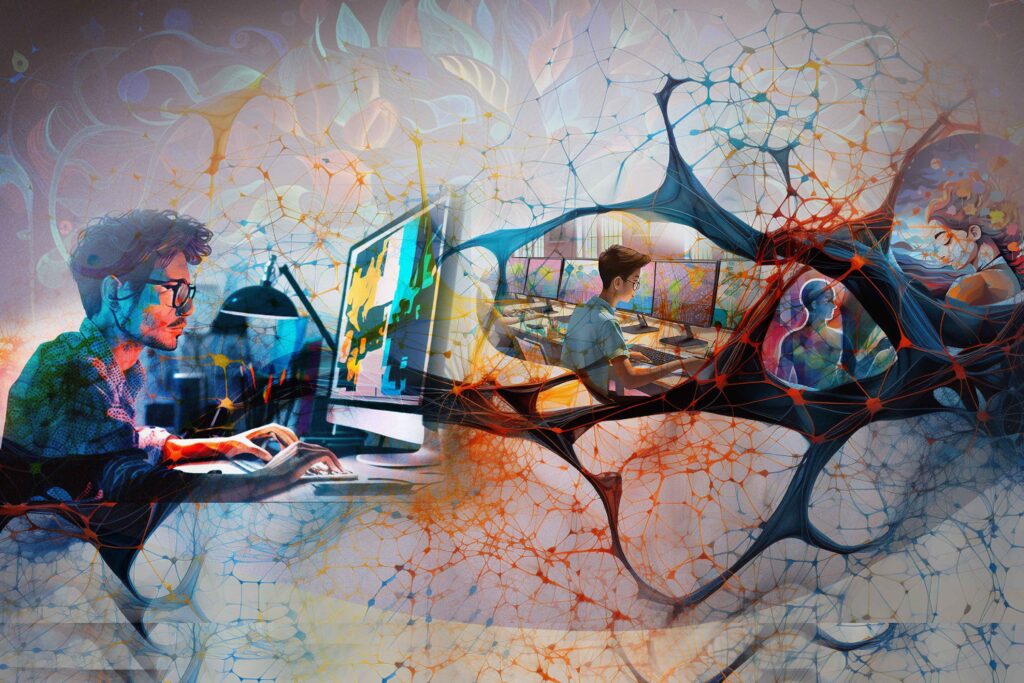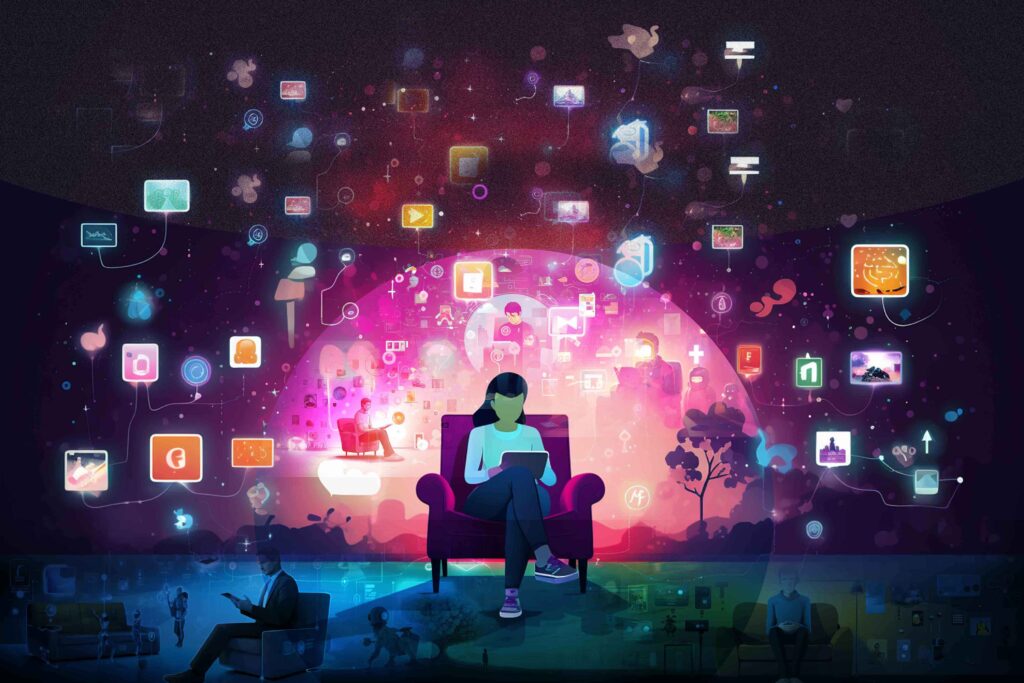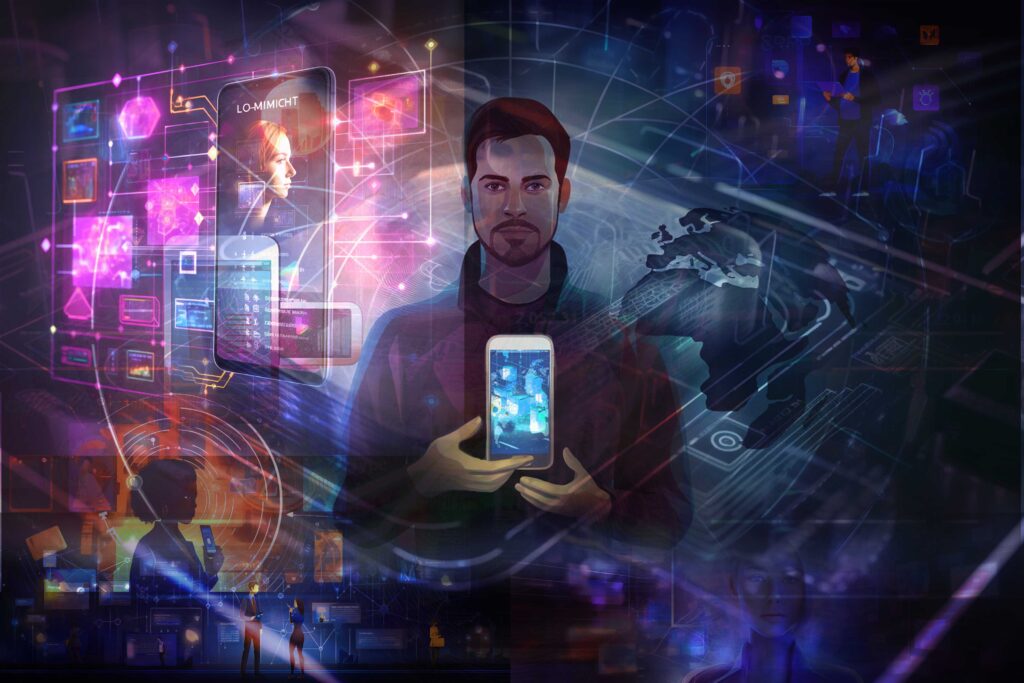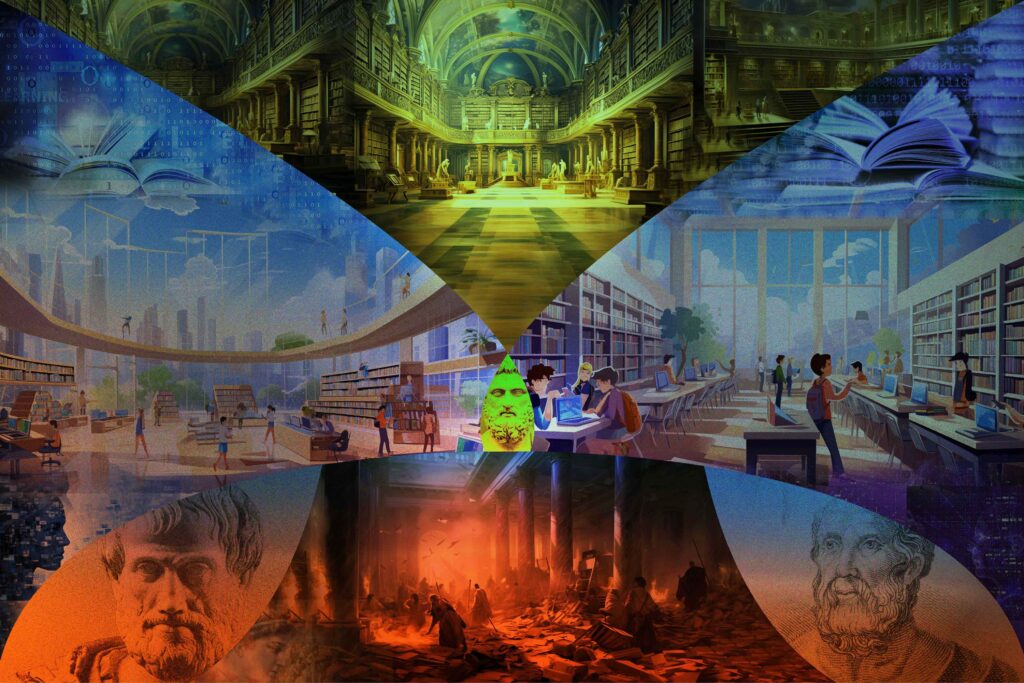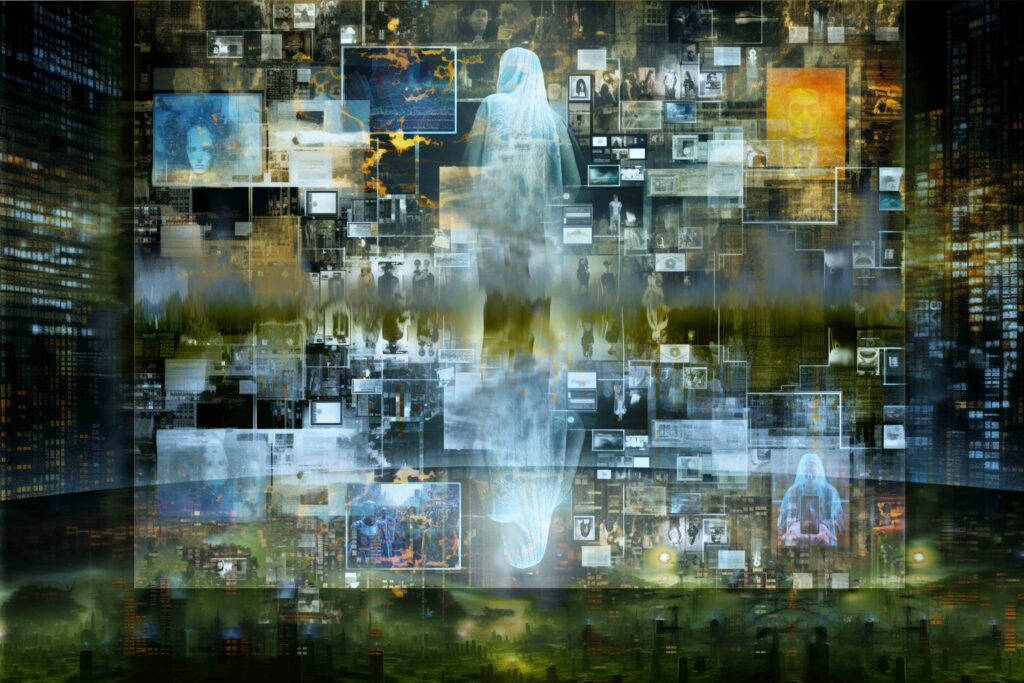War is good for absolutely nothing. Yet the reality is that at this very second there are conflicts raging that disrupt and destroy the lives of millions. It’s against this dark background that crypto has found a morbid use-case, to channel funds freely to various entities that are prosecuting violence against others, and a way for resistance fighters to access funds. As a way to continue some semblance of normality.
It’s hard to bank when your bank has become a bunker. When the systems-architecture of a country disintegrates under the horrors of war, the financial system is often the first to break. Cryptocurrency, a standalone system of transactions, accounting and payments that’s uniquely resistant to the shocks of the real world, is a perfect, and now prevalent, candidate to get the money to where it’s needed most.
Crypto is censorship resistant. If an oppressor switches off its citizens’s access to money, crypto allows them to continue as they were. Crypto has superb remittance capabilities. A transaction doesn’t care if you’re in Tulsa or Timbuktu – the price is the same. Crypto is also pseudo-anonymous. An agent who is persona non grata to the traditional financial system, dominated as it is by powerful Western countries, can still operate and receive funds. Jurisdictions that traditionally struggle with access to banking and which are major conflict zones top the charts for Bitcoin searches.
You mean crypto is funding terrorism!? That’s appalling! Well yes, it is – depending on what you define as a terrorist. It’s far beyond the scope of this tech junkie to comment on who is a freedom fighter and who is a terrorist, who is right and who is wrong, on each and every one of the world’s multifarious conflicts, just to note that a decentralised ledger doesn’t care who you are. It just works – no matter the situation, and it works both ways.
Crypto has provided enormous humanitarian relief to those in conflict zones. Citizens fleeing Ukraine have been beneficiaries of extensive crypto donations, and the Ukrainian government has received $0.225 billion in its fight against the Russian invasion. Similarly, Russian-financiers frozen out of traditional payment rails due to sanctions have resorted to using crypto to finance their campaign, and Hamas has received plenty of funding through the Tron network. Crypto continues its use-case of being an out-of-context asset – booming in times of trouble.
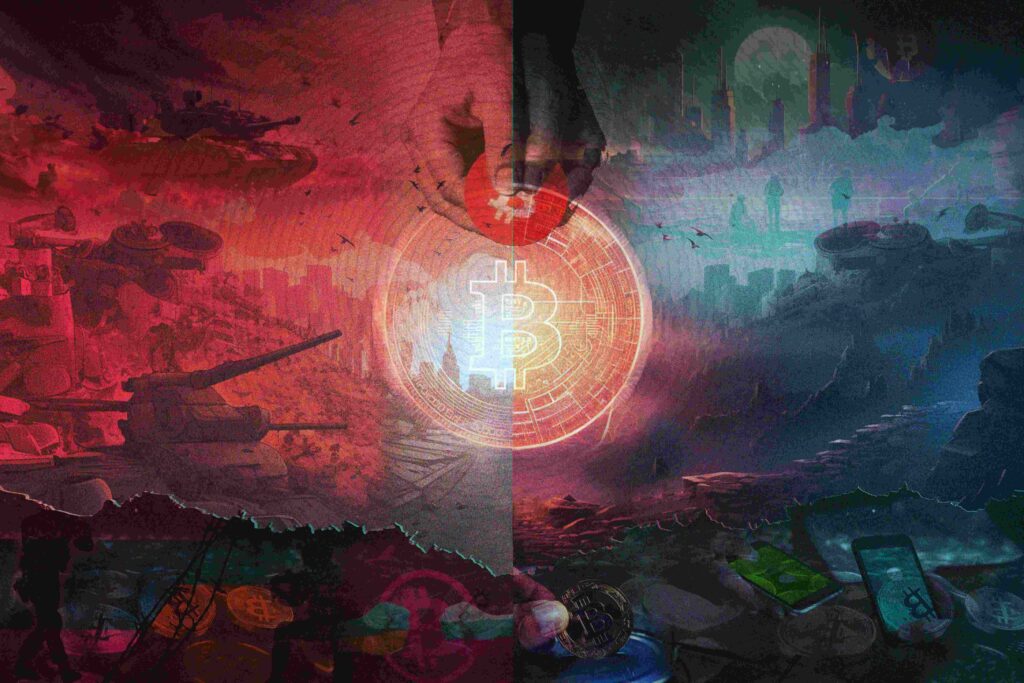
So, is crypto a tool of liberation or of oppression? Should the Powers That Be choose to blacklist a certain nation or entity, crypto provides an easy way for that entity to continue its machinations. For Ukrainians and Palestians and Houthis and whoever else feels oppressed, crypto provides a lifeline of financial and banking access when the rest of their world falls apart.
To many, crypto’s use in war-financing is yet another black stain on its reputation, a further stamp of its association with the illicit, the illegal, and the lethal. The ledger has no morality, and it is not under the control of any moral arbiter, any centralised power. That is its very purpose. It’s easy to condemn crypto when you’re on the side of the would-be moral arbiter.
Yet you never know when the tables may turn, when suddenly you find yourself on the wrong side of history – as millions do all over the world daily, sometimes surprisingly – and you need a way to continue your life. ‘Commit a crime and the earth is made of glass.’ Such a reality is alien until it happens to you. Crypto remains on your side even when the institutions militate against you.
Systems are fragile. Authorities change. The ledger is eternal. So, although crypto is buying guns used to kill people, equipping terrorists, and fueling tanks marching across borders, it is also doing the opposite. Buying crucial aid, giving the unbanked a system of money, and putting food in the mouths of the desperate, and medicine in the hands of the dying. The ledger is not evil, we are. At least with a decentralised ledger, no one gets to choose which side is which.
Let us know your thoughts! Sign up for a Mindplex account now, join our Telegram, or follow us on Twitter.


.png)

.png)


.png)


